MORE IMPORTANT INFORMATION ABOUT YOUR TRAVEL TO Hanover
The Train station is located at the center of Hanover
Hanover or Hannover (; German: Hannover [haˈnoːfɐ]; Low German: Hannober) is the capital and largest city of the German state of Lower Saxony. Its 535,061 (2017) inhabitants make it the thirteenth-largest city in Germany as well as the third-largest city in Northern Germany after Hamburg and Bremen. The city lies at the confluence of the River Leine (progression: Aller→ Weser→ North Sea) and its tributary Ihme, in the south of the North German Plain, and is the largest city in the Hannover–Braunschweig–Göttingen–Wolfsburg Metropolitan Region. It is the fifth-largest city in the Low German dialect area after Hamburg, Dortmund, Essen and Bremen. Before it became the capital of Lower Saxony in 1946 Hanover was the capital of the Principality of Calenberg (1636–1692), the Electorate of Hanover (1692–1814), the Kingdom of Hanover (1814–1866), the Province of Hanover of the Kingdom of Prussia (1868–1918), the Province of Hanover of the Free State of Prussia (1918–1946) and of the State of Hanover (1946). From 1714 to 1837 Hanover was by personal union the family seat of the Hanoverian Kings of the United Kingdom of Great Britain and Ireland, under their title of the dukes of Brunswick-Lüneburg (later described as the Elector of Hanover). The city is a major crossing point of railway lines and motorways (Autobahnen), connecting European main lines in both the east-west (Berlin–Ruhr area/Düsseldorf/Cologne) and north-south (Hamburg–Frankfurt/Stuttgart/Munich) directions.
Source:
WikipediaADDITIONAL INFORMATION ABOUT Hamburg
The Train station is located at the center of Hamburg
Hamburg (English: German: [ˈhambʊʁk], locally also [ˈhambʊɪ̯ç] [ˈhambɔːχ]; Low Saxon: Hamborg), officially the Free and Hanseatic City of Hamburg (German: Freie und Hansestadt Hamburg; Low Saxon: Friee un Hansestadt Hamborg), is the second-largest city in Germany after Berlin and 7th largest city in the European Union with a population of over 1.84 million. One of Germany's 16 federal states, it is surrounded by Schleswig-Holstein to the north and Lower Saxony to the south. The city's metropolitan region is home to more than five million people. Hamburg lies on the River Elbe and two of its tributaries, the River Alster and the River Bille. The official name reflects Hamburg's history as a member of the medieval Hanseatic League and a free imperial city of the Holy Roman Empire. Before the 1871 Unification of Germany, it was a fully sovereign city state, and before 1919 formed a civic republic headed constitutionally by a class of hereditary grand burghers or Hanseaten. Beset by disasters such as the Great Fire of Hamburg, North Sea flood of 1962 and military conflicts including World War II bombing raids, the city has managed to recover and emerge wealthier after each catastrophe. Hamburg is Europe's third-largest port.
Source:
WikipediaImages of the trains for your trip

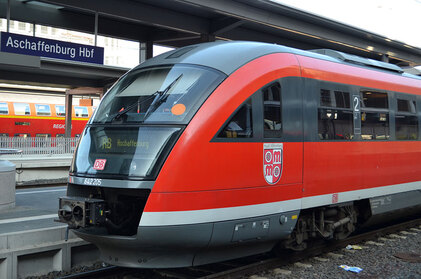






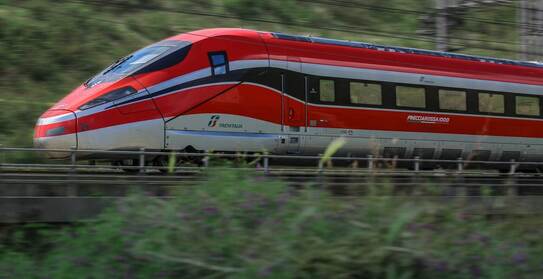
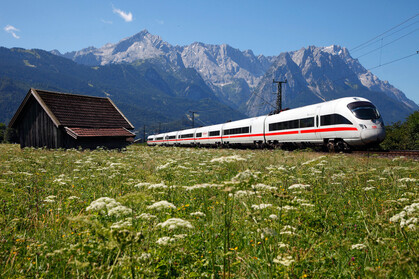
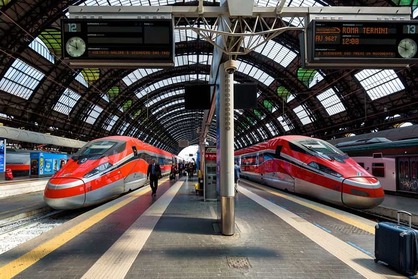





















Where Can You Travel With Us?
TAKE A LOOK AT OUR MAP
France
Italy
Netherlands
Luxembourg
Austria
Germany
Belgium
Switzerland
Denmark
Sweden
Norway
Hungary
Czech
Ukraine
China
Active
France, Italy, Netherlands, Luxembourg, Austria, Germany, Belgium, Switzerland, Denmark, Sweden, Norway, Hungary, Czech, Ukraine, China
Upcoming
USA, Canada, Spain, Poland, Japan
Other Train Trips From Hamburg

Hamburg Harburg to Dortmund Derne

Hamburg Harburg to Planegg

Hamburg Harburg to Herborn Dillkr
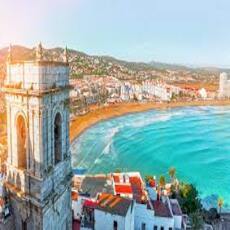
Hamburg Harburg to Aschau Im Chiemgau
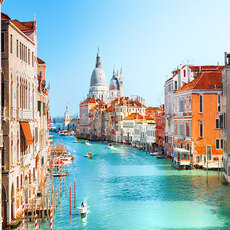
Hamburg Harburg to Wolfenbuttel

Hamburg Harburg to Trier South
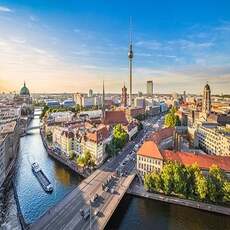
Hamburg Harburg to Hamburg Rissen

Hamburg Harburg to Freiburg Saint Georgen
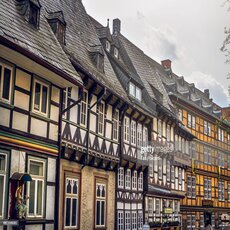
Hamburg Harburg to Porta Westfalica
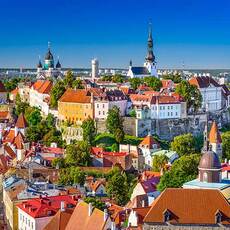
Hamburg Harburg to Coesfeld Westfalen

Hamburg Harburg to Neuharlingersiel

Hamburg Harburg to Lubberstedt

Hamburg Harburg to Kevelaer

Hamburg Harburg to Lauf Links Pegnitz

Hamburg Harburg to Schwabisch Hall Hessental
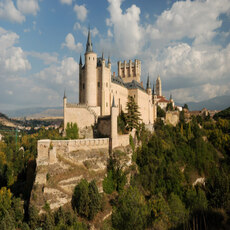
Hamburg Harburg to Erzingen Baden
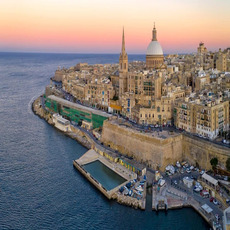
Hamburg Harburg to Suderlugum

Hamburg Harburg to Stralsund

Hamburg Harburg to Friedrichshafen Airport

Hamburg Harburg to Wremen

Hamburg Harburg to Jagersfreude

Hamburg Harburg to Bad Friedrichshall

Hamburg Harburg to Pasewalk East

Hamburg Harburg to Ebermannstadt

Hamburg Harburg to Hanover
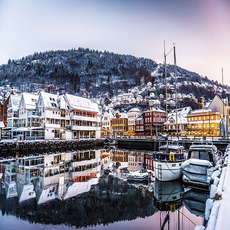
Hamburg Harburg to Paderborn

Hamburg Harburg to Hunfeld

Hamburg Harburg to Heidelberg Kirchheim Rohrbach

Hamburg Harburg to Hof

Hamburg Harburg to Berlin Charlottenburg
WHY YOU SHOULD TRAVEL BY TRAIN?
To travel from Hamburg To Hanover, trains would be the best travel choice, for several reasons:
1
Eco-Friendly
Trains are the most environmentally-friendly way of transport to the EU Environment Agency. They are powered by electricity, which is renewable and has a low environmental impact.
2
Speed
Travelling by train is in most cases the fastest way to go from Rome to Milan. Trains usually travel at high speeds, making them the fastest way to get from one place to another.
3
Safety
Travelling by train is one of the safest forms of transport. Trains are heavily regulated and monitored, making them safer than other forms of transport.
4
Price
Travelling by train is often cheaper than other forms of transport, such as flying or taking a bus. Trains are often subsidized by the government, making them cheaper than other forms of transport.
5
Luggage
Travelling by train is a great way to transport luggage. Trains usually have plenty of space for luggage and they are usually safe and secure.
6
Luggage
Travelling by train is often faster than other forms of transport, such as driving or taking a bus. Trains usually travel at high speeds, making them the fastest way to get from one place to another.
7
Comfortability
Travelling by train is usually very comfortable. Trains usually have comfortable seating and plenty of legroom, making them a great way to travel.
8
Comfortability
Travelling by train is a great way to get some sleep. Trains usually have comfortable seats and plenty of legroom, making them a great way to get some rest while travelling.
9
WIFI
This is not necessarily the most important when you travel since we prefer to tell you to enjoy your travel without your phones, but on trains, you can find WIFI onboard, so you remain connected to the internet if you choose to.
Popular Routes

Geneva Airport To Champery

Paris To London St Pancras International

Paris To Brussels Midi South

Bologna To Verona Porta Nuova

Ragusa To Naples

Amsterdam To Brussels Zaventem Airport

Nice Ville To Lyon Part Dieu

Amsterdam To Brussels

Liege Guillemins To Eupen

Zurich Airport To Lauterbrunnen

Rotterdam To Antwerp Berchem

Paris Charles De Gaulle CDG Airport To Nantes

Milan To Rome

Stuttgart To Basel

Frankfurt To Paris

Amsterdam To Boom

Bellinzona To Basel

Vienna To Budapest Keleti Palyaudvar

Bietigheim Bissingen To Nuremberg

Paris To Rome

Biarritz To Bordeaux Saint Jean

London St Pancras International To Amsterdam

Naples To Milan

Zurich To Basel

Frankfurt To Amsterdam
THESE ARE THE TRAIN OPERATORS WE WORK WITH





















